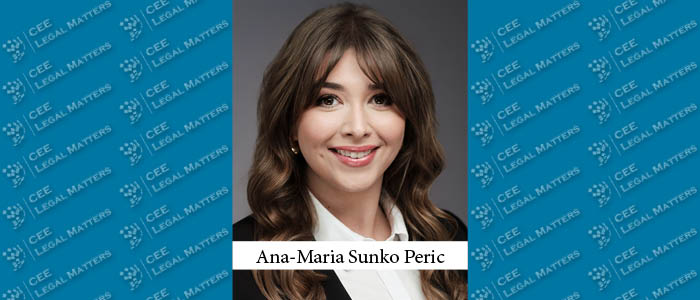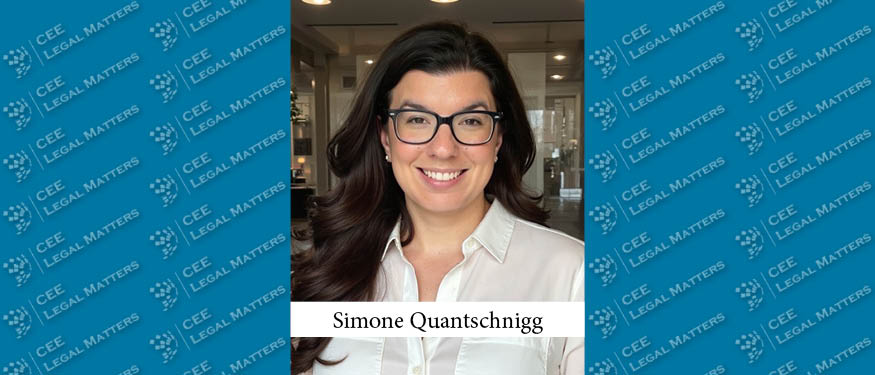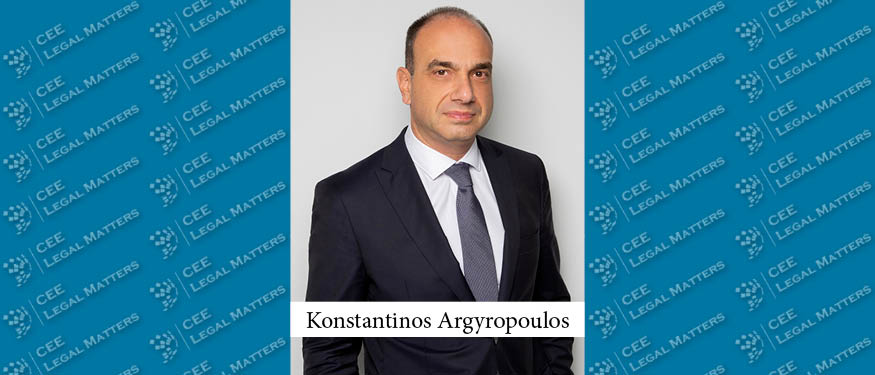In public procurement, the term bid rigging (also called collusive tendering) describes unlawful agreements between bidders with the intention of distorting the competition in award procedures and allowing a preferred tenderer to win the public contract while giving the impression that the process is truly competitive. The hidden agenda is often to force a high contract price that is not appropriate given the state of the market.
Bid rigging usually happens when bidders consent to work together in tender procedures and against the regulations governing fair competition. Bidders may agree to divide the market according to factors like location, contracting authority, or the nature of the procurement, or they may agree to alternate in which the bidder is named the successful bidder (a process known as bid rotation). They may also agree to compensate the losing bidders, such as by designating the losing bidders as subcontractors, or to forgo submitting a bid altogether.
What are the consequences?
Article 101 of the Treaty on the Functioning of the European Union (“TFEU”) addresses collusion between undertakings under EU competition law. It expressly forbids agreements and coordinated practices that aim to prevent, restrict, or distort competition in the internal market or that could have an impact on trade between Member States. The European Commission (“EC”) has the authority to fine any infringement of Article 101 of the TFEU up to 10% of the net revenue of the included organization (that can also sometimes include the turnover of the whole company groups). Also, local acts of the EU Member States (including Croatia) contain identical sanctions and restrictions as those found in Article 101 of the TFEU.
Public procurement cartels, i.e. forbidden horizontal agreements between competitors participating in public procurement, can also result in criminal liability of undertakings included. In every instance, bid rigging may give rise to substantial private damage claims against the infringing participants, resulting in a decline in the companies' market value, interruption of operations, and harm to their image. Also, another consequence and trend in sanctioning of bid rigging is forbidding the participation in current and future tenders for entities included in bid rigging.
Bid rigging in Croatia – the case!
The first (and for now the only one) bid rigging decision of the Croatian Competition Agency (“Agency”) was rendered on 28 April 2022. Three undertakings have taken part in bid rigging in the period between 4 June 2012 and 1 January 2014, in relation to the public procurement proceeding for 14 different groups of food products. The Agency concluded that the bidders in question had entered into a forbidden horizontal agreement (cartel), which restricted and distorted competition, by fixing and coordinating the prices in their bids and by working together to allocate individual contracts with the intention of designating a winning bidder in the relevant public procurement procedure. The Agency also discovered that the fourth undertaking joined the collusive agreement in question between January 1, 2013, and January 1, 2014, and concluded a prohibited horizontal agreement with the aim of preventing, restricting, and distorting competition.
A punishment of HRK 2,155 million (EUR 286,018) was imposed against the included undertakings. The Agency discovered the bid-riggers' practices during the course of the investigation. Those included submitting bids with nearly identical quotes for the duration of the four-year frame agreement and identical bids for the conclusion of individual public procurement contracts for 2012, as well as the subcontracting and contract allocation in public procurement agreements, bid suppression schemes, and identical bids from different bidders within the same product group. All listed actions were strong indicators of the existence of a cartel engaged in bid-rigging and a strict restriction on competition.
To establish a designated winning bidder in the public procurement procedure based on the frame agreement for a specific group of products and a specific year, undertakings engaged in a bid-rigging cartel by fixing and coordinating the prices in their bids, conspiring on the outcome of the procedure, and colluding on the allocation of individual contracts with respect to a specific group of products and a specific year.
Any chance of competition in the bidding process was eliminated by the collusive bid-rigging tactics in question in the public procurement procedure. It is not essential to demonstrate the true impact of such collusive cartel actions on the market because they are thought to have anticompetitive consequences, particularly on the price, volume, or quality of the items or services in question. Instead, they are expected to result in horizontal price fixing.
Market sharing and market allocation agreements are expressly forbidden and are by object strong core restrictions of the competition laws. To put it another way, the Agency determined that the forbidden agreement in question included limits on competition by object, where the agreement's detrimental nature has the capacity to distort competition.
Why is it difficult to detect bid rigging?
Bid rigging is mostly difficult to detect in practice and therefore troublesome to sanction. Of course, there are lawful ways for prospective bidders to collaborate on tenders. In order to ensure a winning bid and compete together, the companies can collaborate by sharing the work in a complimentary manner, combining their financial, expert, technical, or resource offers by respecting the competition law rules on horizontal relations and information exchange.
It is difficult to track the behaviour of undertakings for a long enough period to catch certain behaviours that deviate from the norm and patterns of conduct, especially considering that many public procurement contracts are concluded for multi-year periods, which further dilutes the whole sample that could be the basis for the establishment of collusive behaviour.
Other factors that make it difficult to identify bid rigging include other factors. Occasionally, there are insufficient market participants, which limits the number of viable proposals in tenders and facilitates bid-rigging. In some cases, corruption and collusion in public procurement are combined.
Will the joint forces of authorities solve the problem?
Since one of the joint goals of the Agency and the State Commission for the Supervision of Public Procurement Procedures (“State Commission”) is enabling bid rigging cases to be detected more often and being more efficient with their sanctioning, they have started cooperation.
The cooperation between both authorities has been formalized by entering into the Memorandum Agreement. The purpose of the memorandum agreement is to ensure effective and fair competition in public procurement. This will include ensuring that all new market participants have access to public procurement proceedings, by avoiding distortions of the market that might be caused by market incumbents due to their significant market power.
Therefore, both the Agency and the State Commission are planning to use their synergy to work on a sustainable competition environment in public procurement and the prevention of cartels therein. In order to succeed in that, they plan to have a system of exchanging information between experts on both sides to mutually understand and assist each other with handling both the competition and public procurement aspects in practice. Also, they will take part in necessary training within both fields, which will include workshops, round tables etc.
Hopefully, this cooperation will have a positive effect on the statistics of sanctioned bid rigging cases in Croatia. However, it is still to be seen how the war of worlds will end in practice and whether this will lead to harmony between fair competition process and formal public procurement rules.
By Ana-Maria Sunko Peric, Attorney, Divjak Topic Bahtijarevic & Krka
















